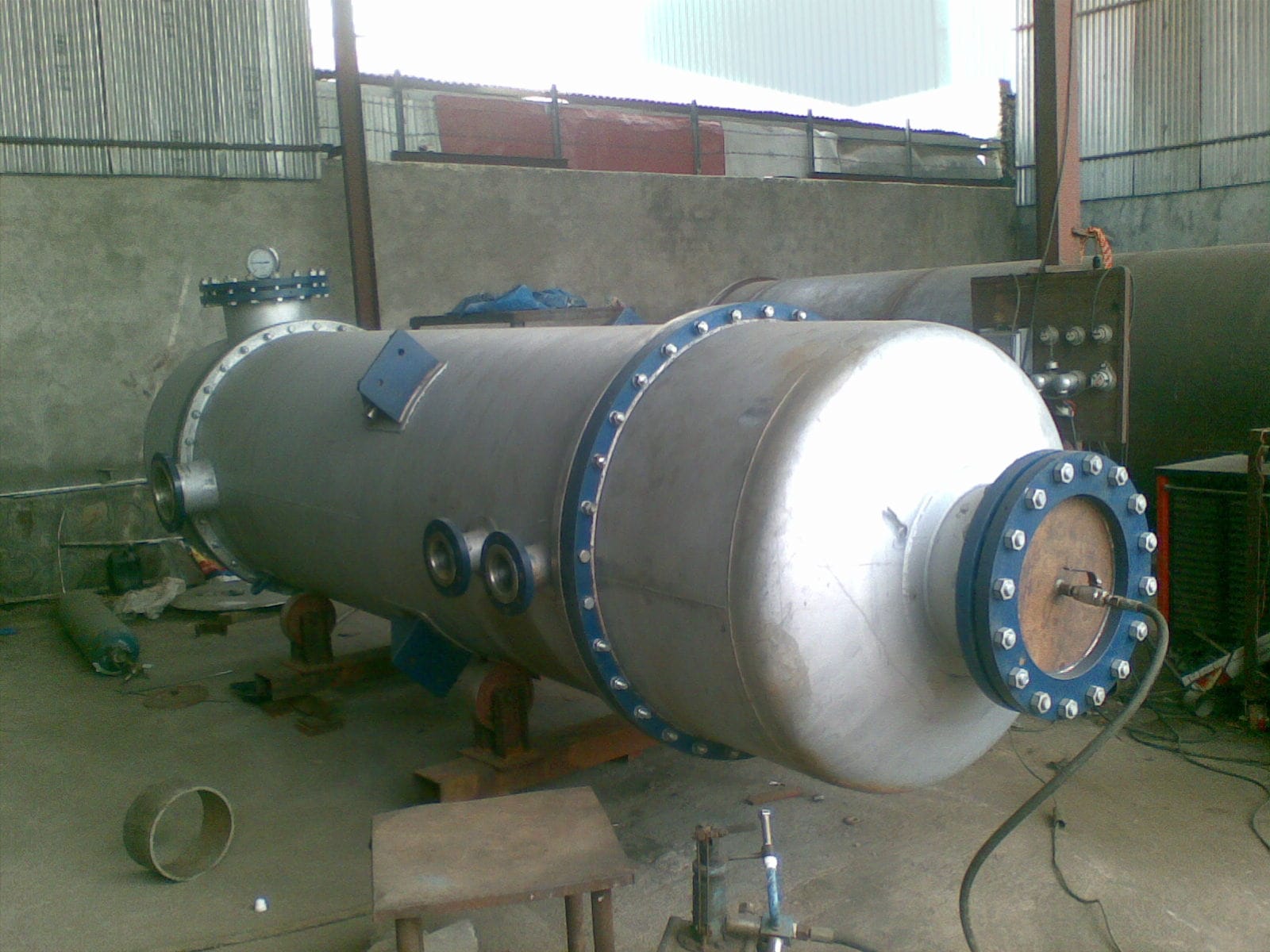Office location
Loading
Office location
send email
call us

A condenser is specifically designed to cool gases and convert them into liquids by removing heat. It's a critical component in systems like air conditioners and refrigerators. In contrast, a heat exchanger is a device that allows heat transfer from one fluid to another without mixing them, used in various applications, including heating, cooling, and power generation.
The primary function of a condenser is the phase change of a substance from its gaseous to liquid state. This is achieved by lowering the temperature of the gas until it reaches its condensation point. On the other hand, a heat exchanger typically involves no phase change; it's designed to transfer heat between two or more fluids at different temperatures.
Condensers are essential in systems where condensation is a part of the cycle, such as in refrigeration cycles, steam power plants, or distillation processes. Conversely, heat exchangers are used in a wider range of applications, from domestic heating systems to large industrial processes, where heat recovery or dissipation is needed.